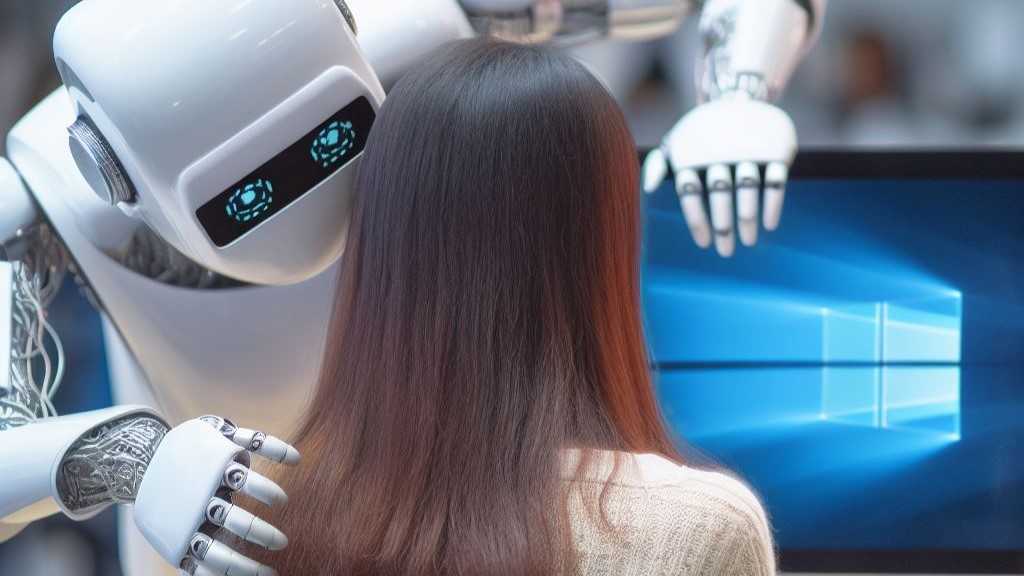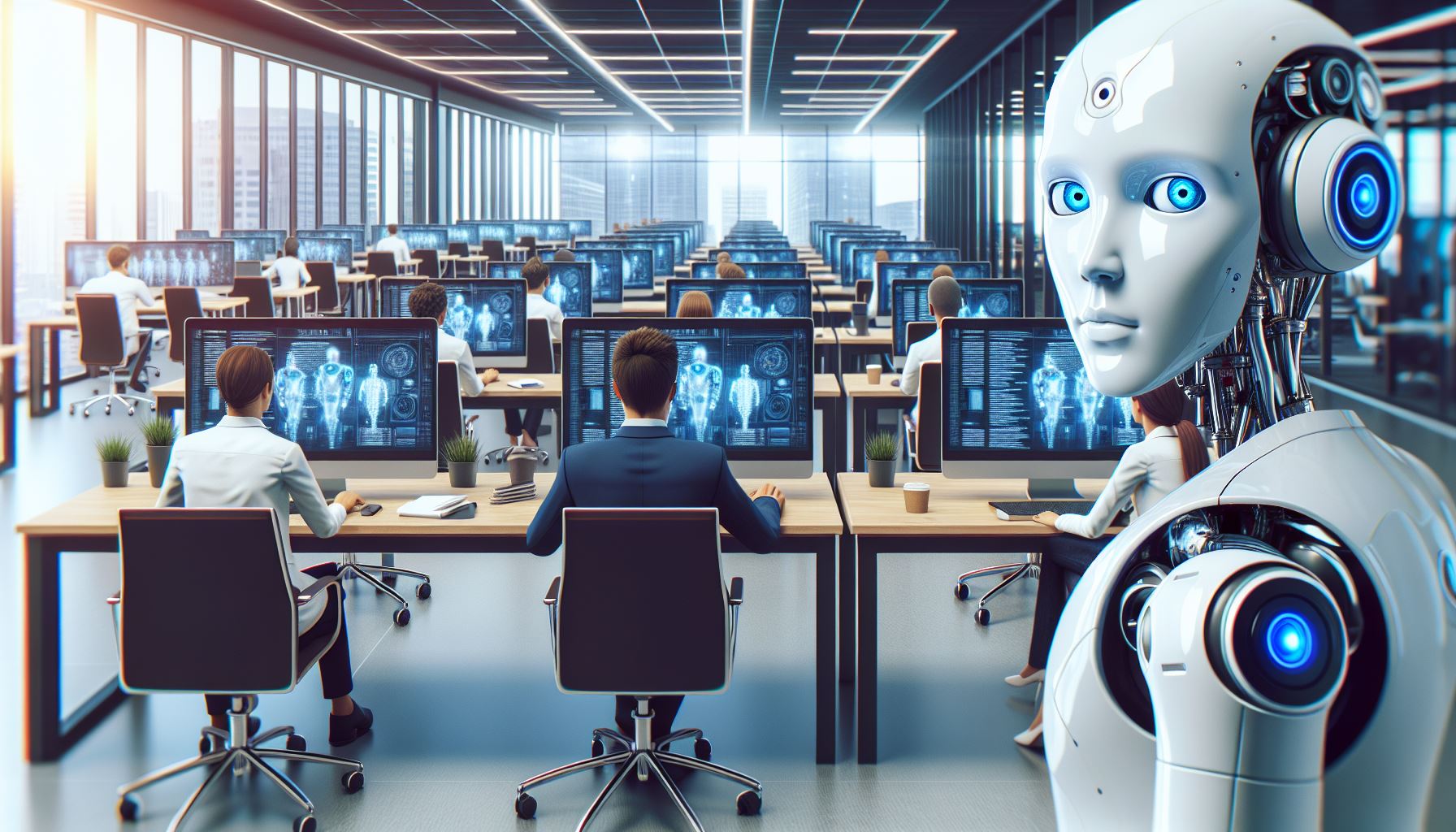
What you need to know
- An editor narrates how an outlet automated most of the tasks using AI to cut down on costs at the expense of more than 60 jobs.
- The editor ran the outlet alone, mostly cleaning up grammar mistakes and making the text sound less robot-like.
- Interestingly, a new trend is emerging where writers are being hired to correct AI's missteps but for less pay.
Whether we like it or not, we're on the verge of the biggest technology revolution with AI. As you might have noticed, a few professions are already on the chopping board as companies embrace AI technology across their services and products.
With the emergence of sophisticated chatbots like Microsoft Copilot and ChatGPT with reasoning capabilities, professions in the journalism landscape have taken a negative hit (especially writers and editors). These chatbots heavily rely on content from publishers and websites, even OpenAI CEO Sam Altman admitted it's impossible to develop ChatGPT-like tools without copyrighted content.
OpenAI and Microsoft have spent much time in the corridors of justice fighting copyright infringement allegations. CNET, a major news outlet, decided to hop onto the AI bandwagon last year and leverage the technology to generate approximately 75 articles. The articles were rife with several issues, including grammar and attribution. As a result, the AI strategy hurt CNET's rating on Wikipedia, as it was marked as generally unreliable.
Despite the challenges, many editors and writers have sadly lost their jobs to generative AI. According to an exclusive report by BBC, an editor at an unnamed publication did most of his team's jobs, which comprised more than 60 writers and editors, after AI claimed their jobs. The company compelled the editor to sign an NDA and admitted that the move was designed to cut costs.
The entire process took place in two phases. The first phase wasn't too aggressive, as most staffers retained their jobs at the outlet, but most of their work was automated using an AI model. The second phase got more aggressive, with ChatGPT doing most of the work. According to the team leader:
"All of a sudden I was just doing everyone's job. Mostly, it was just about cleaning things up and making the writing sound less awkward, cutting out weirdly formal or over-enthusiastic language. It was more editing than I had to do with human writers, but it was always the exact same kinds of edits. The real problem was it was just so repetitive and boring. It started to feel like I was the robot."
AI might be taking over, but the human touch remains critical

In the past few months, reports of AI taking over human jobs have flooded the internet. Contrary to these claims, Microsoft's latest Work Trend Index report indicates that technology has created more jobs for people. Interestingly, executives have expressed concerns over insufficient talent to fill open vacancies.
However, these executives aren't willing to hire anyone without an AI aptitude, prompting people to upskill in AI. Microsoft says it has seen "a 142x increase in LinkedIn members adding AI skills like Copilot and ChatGPT to their profiles."
With the highlighted story above, it's obvious that AI still needs significant refinement to take over jobs. But what happens when it completely takes digital prints, if it depends on human content for training?
AI has created an emerging trend with new employment avenues for writers and editors. However, the gig pays less and is less meaningful since it involves recurring tasks and correcting shoddy work generated using AI chatbots.
This essentially means there will be a significant decline in the quality of content available on the web. As a result, there might be a vicious cycle of humans and AI scrambling for jobs to determine who's better at the job. However, the human touch remains crucial as the content is cross-checked with facts, grammar fixes, and a great flow of thoughts throughout the piece.
Elsewhere, NVIDIA CEO Huang Jensen indicated that coding might be dead in the water as a career option with the prevalence of AI. Instead, he urged the youth to seek alternative career options in biology, education, manufacturing, or farming. OpenAI's new flagship model, GPT-4o is exceptionally good at writing and detecting errors in code.
AI is also knocking on the built environment's door with eyes on architecture and interior design jobs. Microsoft's Image Creator from Designer and ChatGPT are good at generating sophisticated structural and interior designs but fail at simple tasks like creating a plain white image.







